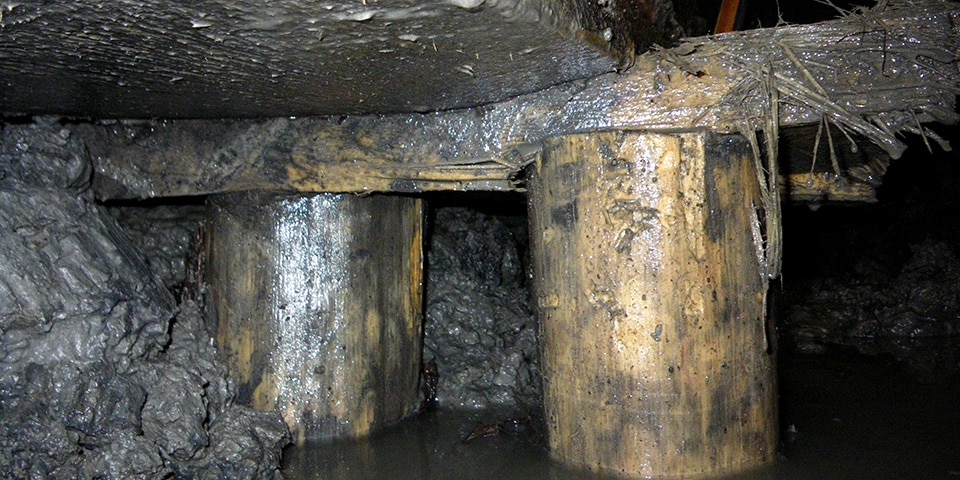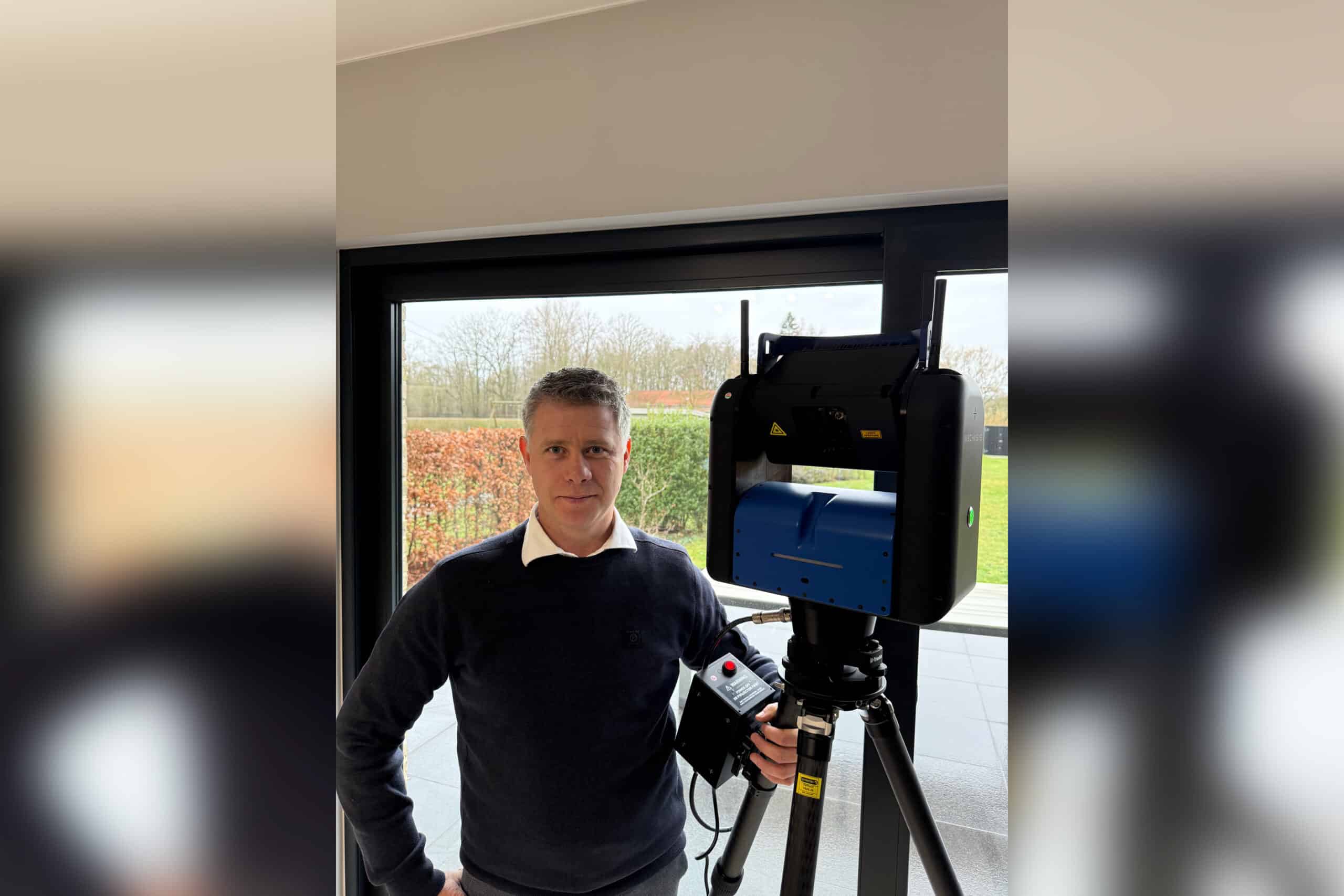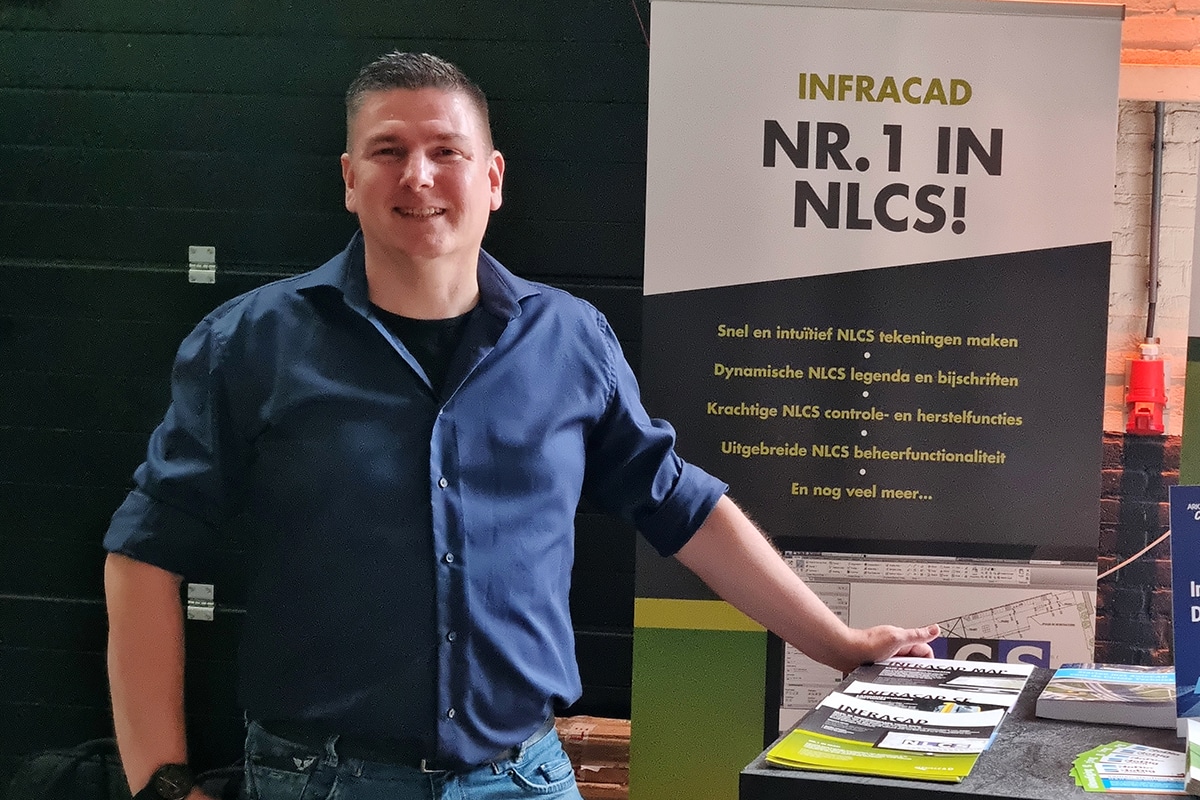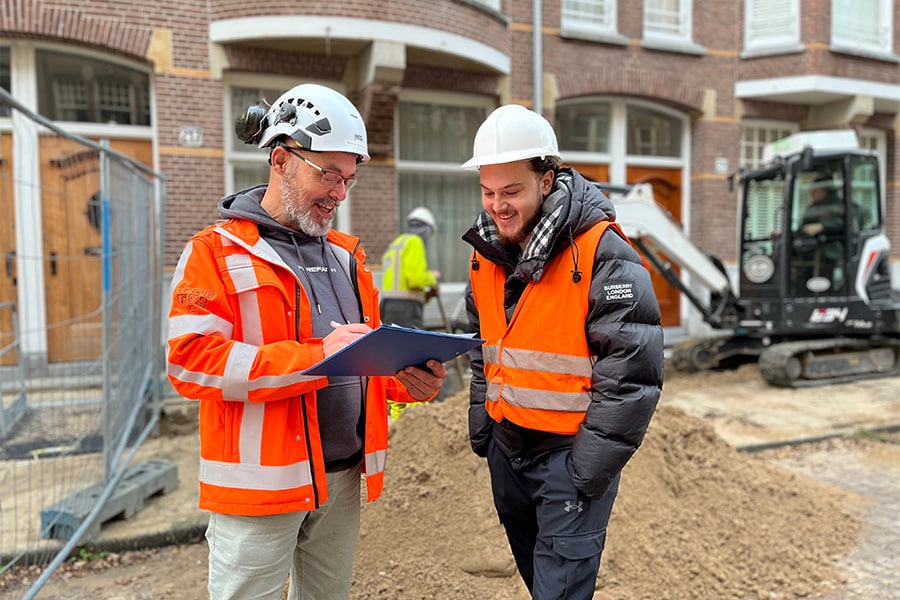
Investing in climate-robust measures is hugely important
The Netherlands today faces four climate trends: it is getting warmer, drier,
rainfall is becoming more extreme and sea levels are rising. The effects and consequences differ from one sector to another. But in all cases, it is necessary to take adaptive measures to avoid major
avoid problems and high costs.
Flooding on the one hand, drought on the other
Not only flooding, but also drought is causing short- and long-term problems. We see that a long-term low groundwater level can cause deterioration of wooden pile foundations due to wood rot, or subsidence of a foundation on steel. For roads, railroads and cables and pipelines this leads to (uneven) settlements, resulting in unplanned maintenance and speed limitations, among other things. However, a structurally high groundwater level also affects buildings and infrastructure. This can lead to flooding and structural deterioration. To address such problems, we must learn from the past and try to prevent future consequences by acting NOW and investing in them.
But how? Fugro has an idea about that. Fugro is the world's leading geo-data specialist, collecting extensive information about the earth and everything man has built on it. "But it doesn't stop at collecting," says Leo Zwang,
Director of Water Europe at Fugro. He notes that while climate change issues are being addressed, geotechnical expertise is a neglected part of it. "In the current climate stress tests, no geotechnical experience is requested, while - with the problems we just outlined - geotechnical engineering plays a huge role. Fugro makes those very connections so that opportunities don't go unused. We like to come into the picture as early as possible to help think through the subsurface design. That way, costs can be saved in terms of management and maintenance in the long term."

Damage wooden pile foundation due to dry weather.
Climate change in current designs
"Right now we are seeing more and more circular roads being built. That is a nice development. However, this mostly only concerns the design of the road and sustainable use of materials above ground. Rainwater is often still drained into the water system in the traditional way via roadside ditches. Especially in dehydration areas, there is a lot to be gained from this," says Zwang.
"A good example of such a project is the provincial road Epe-Heerde (N-794), where Fugro has completed the geohydrological design climate proof. The road lies on the edge of the Veluwe. This is a difficult area geohydrologically. This is due to the strong fluctuation of the groundwater, a varying ground-level elevation of the road and the presence of highly ecological streams to which no rainwater from the road pavement should be discharged. Flooding was experienced at a few locations along the road. The drainage system design has become a custom solution and tailored to the available 'limited' design space. In the process, several (new) techniques were applied, including DSI sky water infiltration wells to meet the requirements. In this way, a road reconstruction has been realized in accordance with the requirements, with sustainable dewatering and also solving the water nuisance for local residents."
Climate resilient urban area
"Creating a climate-proof urban area, that's one of our goals," adds Wouter Kooijman, Senior Advisor Hydrology at Fugro. "But we also look at climate resilience in agriculture, infrastructure and real estate. And climate-proof design is not possible without including soil and water management in a design." Kooijman believes that the new contract forms will provide opportunities for this. "In a climate-proof design proposal, Fugro examines at an early stage whether the soil and hydrological conditions are suitable for a particular solution. If this is not the case, it is then investigated whether the area can still be made suitable. If this is not possible either, the question is asked whether other choices can be made for the design. Fugro advises throughout this process. We are also looking for ways to store surplus water in winter and tap into it during periods of drought." Zwang concludes, "We already see sustainability and climate-adaptive adaptation above ground, but we can also be much more proactive about it below ground. We are only too happy to think along with you on that! In addition, we have unique technology in-house (such as permeability probes, HPT) to reliably verify our designs."
Heeft u vragen over dit artikel, project of product?
Neem dan rechtstreeks contact op met Fugro.
 Contact opnemen
Contact opnemen




